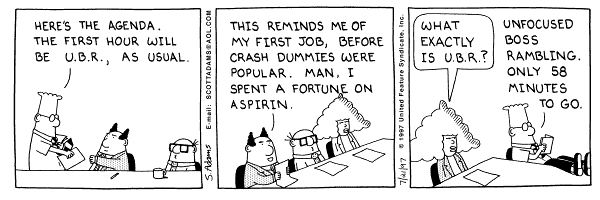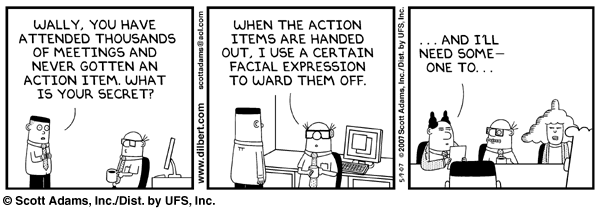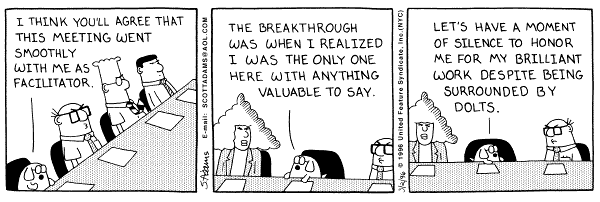“Productivity is never an accident. It is always the result of a commitment to excellence, intelligent planning, and focused effort.” Paul J. Meyer
I started this week talking about co-working as it is an opportunity I am actively looking into at the moment. Given that it is a relatively new concept, many of the individuals I talk to about this have a host of questions regarding what co-working is all about, and ask why they should leave the comfort of their home offices for this. In response to these questions I have created a list of five leading reasons why one should choose to co-work over working from home or a cafe.
1. Networking Opportunities: I believe this is one of the most important reasons why anyone should choose to work at a co-working zone vis a vis working from home, a cafe or a small office. Having the ability to meet new people on a regular basis not only helps us grow as individuals, it provides us with opportunities to take our business to the next level. Networking is an integral part of every entrepreneur’s journey. Integrating it into our busy lives is however always a challenge. Working from a co-working zone makes the integration into our daily routine seamless and also increases the probability of success. To learn more about the benefits of networking from a co-working zone please click here.
2. Accelerated Serendipity: Serendipity is the accidental learning of something while searching for something completely different. As small business owners in the process of starting up or even searching for ideas on what they want to do, co-working is an excellent option to get the creative juices flowing and who knows, perhaps you could stumble onto the next big thing! The constant interaction with individuals from all walks of life provides a great sounding board and accelerates the process of finding your true calling. To learn more about accelerated serendipity please click here.
3. Increased Productivity: Individuals who have worked from home offices realize how challenging it is to be self disciplined and motivated. Co-working zones provides co-workers with a renewed sense of motivation often accelerated when everyone around them has got their head down and getting things done. Also, having others hold you accountable is another factor which motivates individuals to complete planned tasks and projects. To learn more on how to be more productive in a co-working zone please click here.
4. Operating Advantages: In the short term operating from a co-working space may seem to be an expensive option for an independent business owner. However, taking a slightly longer time frame of 6-9 months, operating benefits of a co-working space become immediately apparent. Working from such a space provides business owners the ability to project a professional image, space to increase staff and even share larger purchases. For entrepreneurs and consultants who have large aspirations and want to increase the scale of their business without incurring huge initial costs, co-working zones are an ideal solution. To learn more about the operating advantages of co-working please click here.
5. Work/Life Balance: If you are working from home you understand that the line between your work and life become gray and shadowy. Getting a balance is a critical aspect of life. Without it there are always far too many sacrifices that need to be made and that have major repercussions in the future. There is also the case of burnout, and losing interest in what you do for a living. Most importantly it is your friends and family who are most affected if your work/life balance is not correct. So whether it is through a co-working space or any other way, one should make a resolution to bring a greater degree of balance to life in 2009. To learn more on how you can balance work and life through co-working please click here.
A concern that is brought up repeatedly, is one of cost. As mentioned in reasons #4 co-working zones provide entrepreneurs the ability to scale operations as and when needed. This is in itself a huge advantage which justifies the cost of operating from such a space. Apart from that, for consultants who do not have plans to scale operations, the cost of renting space is usually the same as compared to the price of having endless cups of coffee from your local cafe on a regular and daily basis. In addition to this, one gets access to networking opportunities, idea generation, increased productivity and help in maintaining a work/life balance. Thus if you are currently working from home or a cafe, looking into co-working spaces in 2009 may just be your best alternative.
* If you currently looking into joining a co-working space but are still unsure, I would appreciate it if you let me know your concerns and I will do my best to resolve them. By the same token, if you currently work at a co-working zone please let me know any additional reasons why individuals should choose operating from a co-working zone. Thank you.



